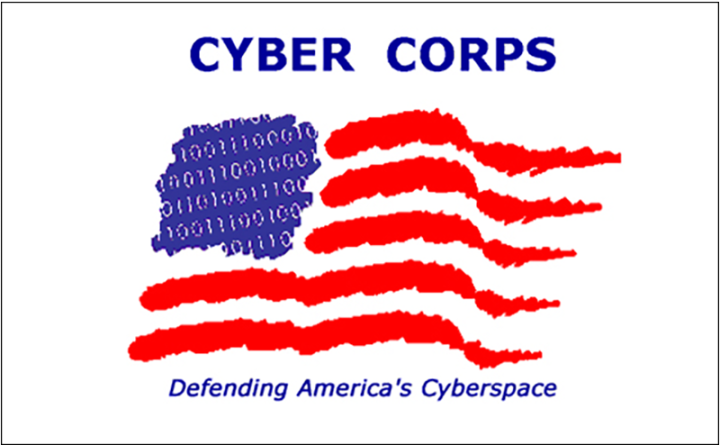UMD's ACES Program Secures $5 Million NSF Grant Renewal to Strengthen Cybersecurity Education
The University of Maryland's Advanced Cybersecurity Experience for Students (ACES) program has renewed its CyberCorps Scholarship for Service (SFS) grant, securing nearly $5 million in funding from the National Science Foundation (NSF). The grant renewal, extending through April 2029, seeks to close gaps in the federal cybersecurity workforce by advancing education and workforce development initiatives.
The CyberCorps SFS program funds cybersecurity education at universities across the U.S. Scholarship recipients commit to working for federal, state, local or government organizations after graduation in exchange for financial support. This aligns with the U.S. National Cyber Strategy, highlighting the need for a strong cybersecurity workforce to counter emerging threats.
The interdisciplinary team behind the grant renewal includes Department of Computer Science Associate Professors Dave Levin and Michelle Mazurek. The funding will support UMD’s ongoing efforts to provide students with specialized training and career opportunities in cybersecurity while working to diversify the talent pool in this high-demand field.
“I'm thrilled that ACES SFS has been renewed, as it provides valuable financial support to students who might otherwise struggle to fund their education,” said Mazurek, director of the Maryland Cybersecurity Center. “The program also helps place talented students in crucial government positions with national security implications, ensuring they make a meaningful contribution.”
The NSF grant will allow ACES to recruit 30 additional students over the next several years. These students will participate in the ACES Minor, which requires 16-17 credits of coursework. The curriculum includes foundational courses in cybersecurity, electives and hands-on learning opportunities that provide real-world knowledge and skills employers value.
A significant aspect of the program is its partnership with government agencies, including an Educational Partnership Agreement (EPA) with the National Security Agency (NSA).
"ACES is great because it gives students hands-on cybersecurity experience through classroom projects, internships and research opportunities they might not otherwise access," Mazurek noted. "It also brings students from many majors into cybersecurity and exposes them to issues that affect all of society, not just the tech sector."
Launched in Fall 2013, ACES was established with a major gift from its founding sponsor, Northrop Grumman. Corporate and on-campus partners support the program through financial contributions and mentorship opportunities. Approximately 100 students join the minor each year, and participation in the ACES LLP is not a prerequisite for entry.
—Story by Samuel Malede Zewdu, CS Communications
“CyberCorps Scholarship for Service (Renewal): SFS for ACES” is supported by NSF grant #2336312 from NSF’s Division of Graduate Education.
The grant team also includes:
Michel Cukier, principal investigator, Department of Mechanical Engineering
Lawrence Gordon, co-principal investigator, Robert H. Smith School of Business
Charles Harry, co-principal investigator, School of Public Policy
The Department welcomes comments, suggestions and corrections. Send email to editor [-at-] cs [dot] umd [dot] edu.
